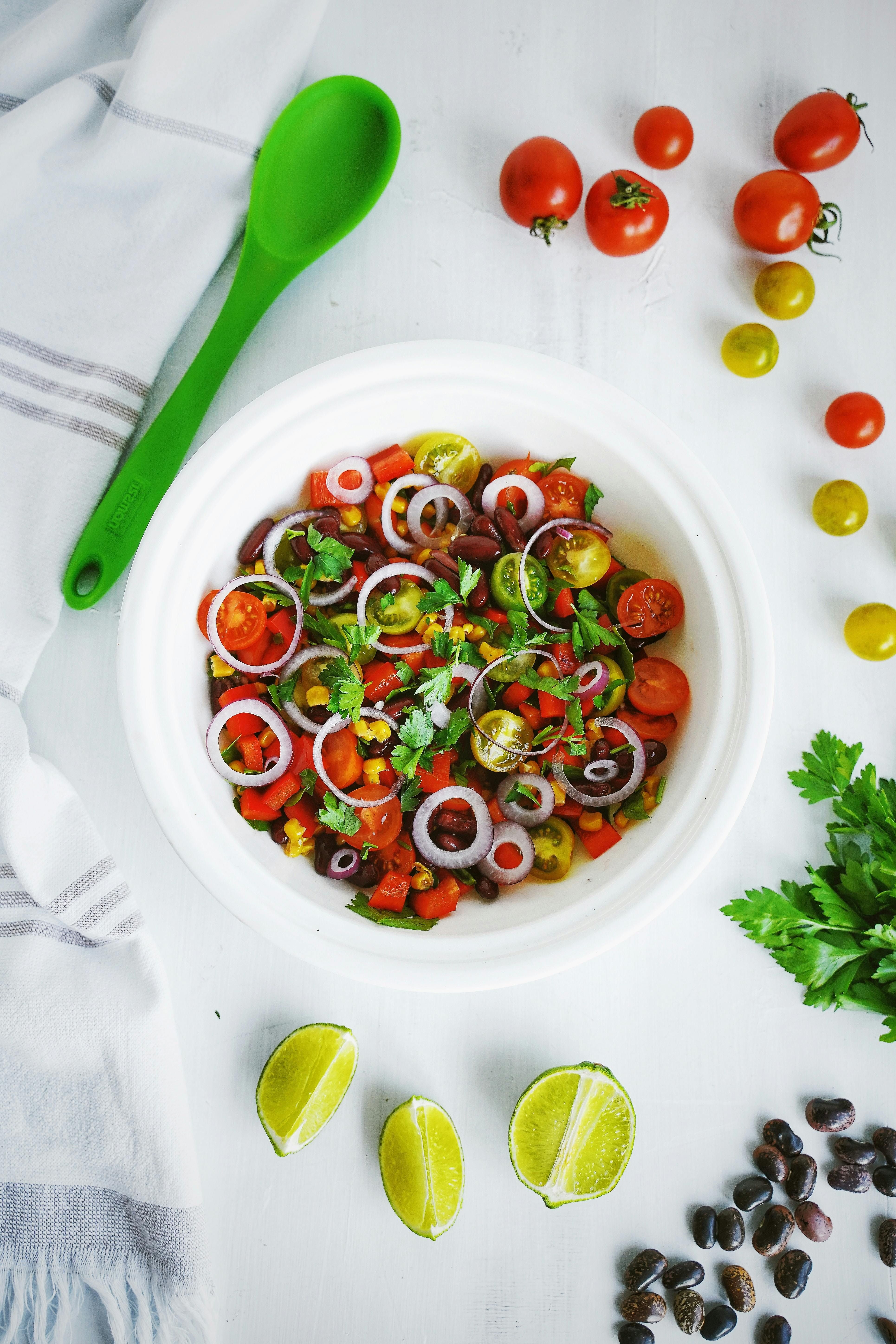Achieving Veganism for a Month while Maintaining Fitness Objectives: A Step-by-Step Guide
Ready to give veganism a shot for January (or any month, really)? A vegan diet can support your fitness goals and weight loss by offering nutritious choices that are lower in calories and fat.
But before jumping in, here's what to expect and watch out for:
Can you achieve fitness goals on a vegan diet?
Without a doubt—with proper planning. A vegan diet can provide the necessary nutrients and protein required for reaching fitness objectives—be they 30 days or a lifetime commitment. It may necessitate tracking your calories, macronutrients or, at least, protein intake. Protein plays a crucial role in muscle growth and retention, and going vegan could mean less access to quality sources. To meet protein demands, consider combining foods with complementary amino acid profiles or using a vegan protein supplement. (Here are 10 vegan protein sources to get you started.)

Weight loss? vegans can do that too!
Yes, you can lose weight while being vegan, but remember: going vegan doesn't automatically mean weight loss. Any weight loss will depend on a calorie-controlled diet, not cutting out animal products. Some people even find themselves gaining weight because their fat intake significantly increases while following a vegan diet.
Once you've embarked on your vegan lifestyle, monitoring your calorie consumption is key. For the first few weeks, keep track of calories to familiarize yourself with the energy content of plant-based foods.

Just veggies? Not exactly.
A vegan diet consists of only plant-based foods, excluding animal products (like meat, fish, eggs, dairy, and honey) and certain processed ingredients. Vegan diets often feature fruits, vegetables, legumes, nuts, seeds, grains, dairy alternatives, soy products, and oils.
However, what one vegan eats versus another can vary greatly, just like any other diet. Some vegans stick to whole foods, while others indulge in pre-packaged vegan snacks that can be high in sugar and sodium.

Keep these points in mind while vegan-ing:
- Establish a clear "why" for your vegan journey. This will fuel your motivation and help you stay committed.
- Brace yourself for potential side effects, both favorable and less so. Veganuary encourages you to read food labels, which can help you understand your macronutrient intake and foster good label-reading habits.
- Be aware that nutrient deficiencies might exist, particularly in vitamin B12, calcium, iron, zinc, and omega-3 fatty acids. Monitor your intake of these essential nutrients, or consider supplements to make up any potential deficits.
- Plan out your post-Veganuary strategy. Map out how you intend to approach your diet after the 30 days end. Introducing too many foods all at once can lead to digestive discomfort. Take it slow and see how your body responds to various foods.
Bottom line:
Veganuary is an exciting challenge, offering the potential for health improvements and weight loss. With careful planning, tracking, and awareness of your nutritional needs, you can successfully navigate the world of vegan dieting. Best of luck on your plant-powered adventure!
- To maintain fitness goals on a vegan diet, you might need to track your protein intake as it could be lower due to limited sources of quality protein, but you can compensate by combining complementary amino acid foods or using vegan protein supplements.
- Weight loss is achievable on a vegan diet, but it requires a calorie-controlled diet rather than just eliminating animal products; be prepared for possible weight gain due to increased fat intake.
- A vegan diet consists of only plant-based foods, including fruits, vegetables, legumes, nuts, seeds, grains, dairy alternatives, soy products, and oils, but individual diets may vary greatly.
- When embarking on a vegan lifestyle, be aware of potential deficiencies in nutrients like vitamin B12, calcium, iron, zinc, and omega-3 fatty acids, and consider supplements to address any deficits.




